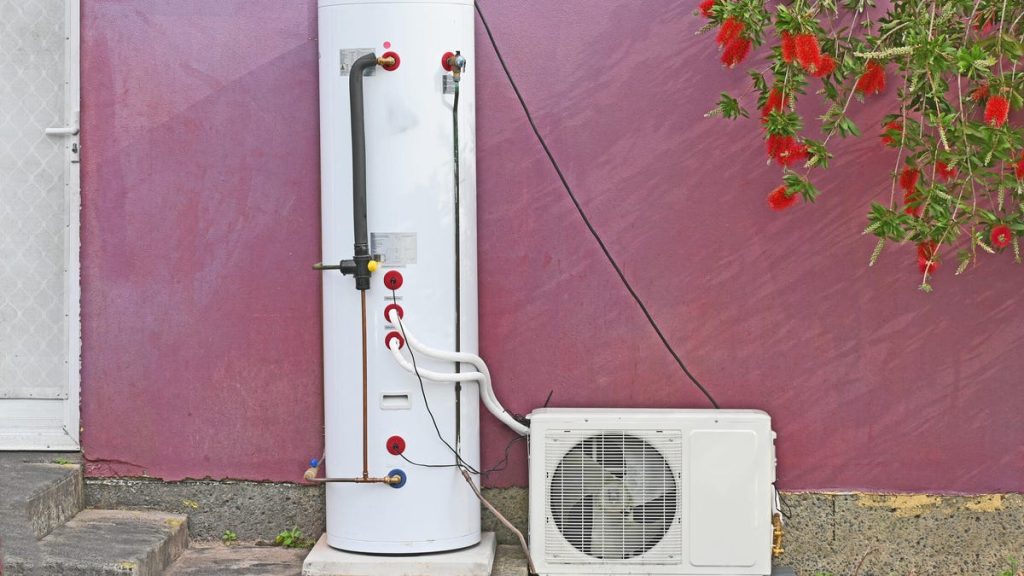Water heaters are often overlooked until they stop working, but they can be a major energy expense in a home. The US Department of Energy states that water heating accounts for nearly a fifth of a home’s energy usage in a month. Choosing the right water heater is crucial for minimizing energy costs and ensuring hot water supply. There are various types of water heaters available, each with different features and functions.
Storage water heaters, also known as tank water heaters, use electricity or gas to heat water and store it in a tank until needed. They are affordable and simple to install, but they can be energy inefficient and lose heat when not in use. Regular maintenance is required to keep them efficient. On the other hand, tankless water heaters heat water on demand without a storage tank, resulting in energy savings and a longer lifespan. However, they have higher upfront costs and limited flow rates.
Heat pump water heaters transfer heat from the air to the water being heated, offering high energy efficiency and cost savings over time. They require proper maintenance to ensure optimal performance. Solar water heaters use solar energy to heat water, reducing energy costs and carbon emissions. While they have higher upfront costs, their operational costs are lower compared to traditional water heaters.
When choosing a water heater, consideration should be given to the fuel type, capacity, maintenance requirements, and cost. Electric water heaters are easier to install but cost more to operate, while gas water heaters are faster at heating water and can be more cost-effective in certain areas. Solar water heating reduces energy costs but has higher upfront costs. Proper maintenance is essential for energy efficiency and extending the lifespan of the water heater.
Additional features to consider when choosing a water heater include smart features for remote monitoring and adjusting settings, energy efficiency certifications like Energy Star, and specific needs of the household. Ultimately, selecting a water heater will depend on the individual preferences, budget, and energy-saving goals of the homeowner. Regular maintenance and monitoring are necessary to ensure the water heater operates efficiently and effectively.















